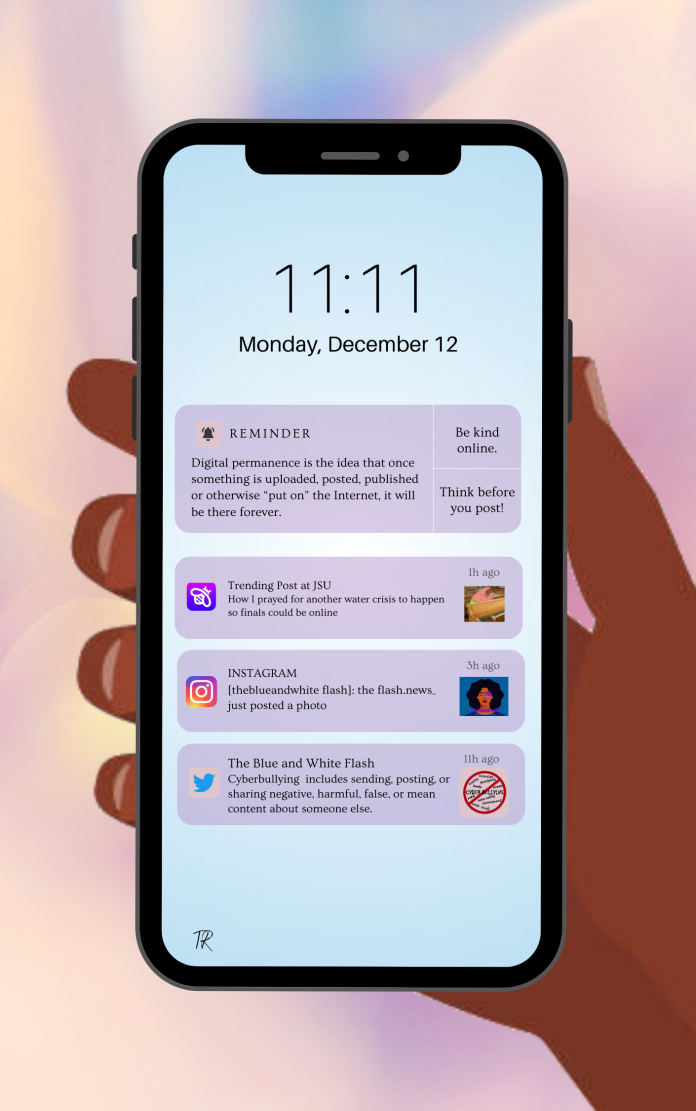
Tatyana Ross
Editor-in-Chief
In less than a generation, it seems social media has evolved creating a dependency for young people in our society.
According to research from Oberlo, people between ages 20 through 29, use social media more than others of different ages.
I can attest to that because sometimes I find myself glued to my phone just like my peers. Many of us use social media as an easy way to escape from reality.
Social media is where we tend to catch up on our celebrity gossip, stay in contact with long distance friends or family, and essentially view the lives of people we do not know personally.
The most popular social media apps include Facebook, Twitter, Instagram, and Tik Tok. The rise in the use of these social media apps continues to make both positive and negative impacts on society.
According to Khoros 2022 social media demographics, 42 percent of the world’s population use social media. The main users of popular apps are between the ages of 18 through 29.
It showed that 86 percent of the users on Facebook, 67 percent of Instagram users, 38 percent of Twitter users, and between 25 and 40 percent of Tik Tok users are classified as young adults.
In further reading on ProCon.org, I noticed the common trend in the list of pros focused on the communicative and information sharing abilities of social media. While the common trend in the cons use of social media focused on the ability to spread misinformation and the risk of cyberbullying.
Cyberbullying is the electronic posting of mean-spirited messages about a person online.
Personally, I feel cyberbullying single-handedly ruins social media for young adults. On my own social media, I look through the comments of different posts and it sometimes shocks me.
I have realized that social media makes it easier for some people to hide behind a screen and say things that otherwise could be uncomfortable in a real setting.
Recent issues with cyberbullying on Jackson State’s campus has caused the Dean of Students to send students an official email reminding students to “think before you post”. The university has rules that protect students from this practice and you can be suspended or expelled from JSU.
The things we post on the internet cannot be erased and the idea is called digital permanence. No matter what, sometimes the things we post can come back in the long run and affect our lives.
I remain aware of the possible long-term effects of posting negativity on social media for personal reasons. On the other hand, it is almost impossible to know what the other person on the receiving end is going through.
The harsh words or negative comments may translate differently resulting in unthinkable reactions.
Fortunately, policies of different social media apps provide guidelines that can catch certain cases. However, their guidelines are not full proof and users seem to get more creative in order to bypass the system’s red flag.
Our job as a community should be to report incidents that we see fall through the cracks. To keep apps safe and bully free as possible.
I live by the Golden Rule in all things, how would I feel if someone made the people I love or me the target of cyberbullying? I would be highly upset, to put it mildly and probably want that person or persons punished. Because of this, I don’t do it, and I suggest you refrain from this or face the consequences.

